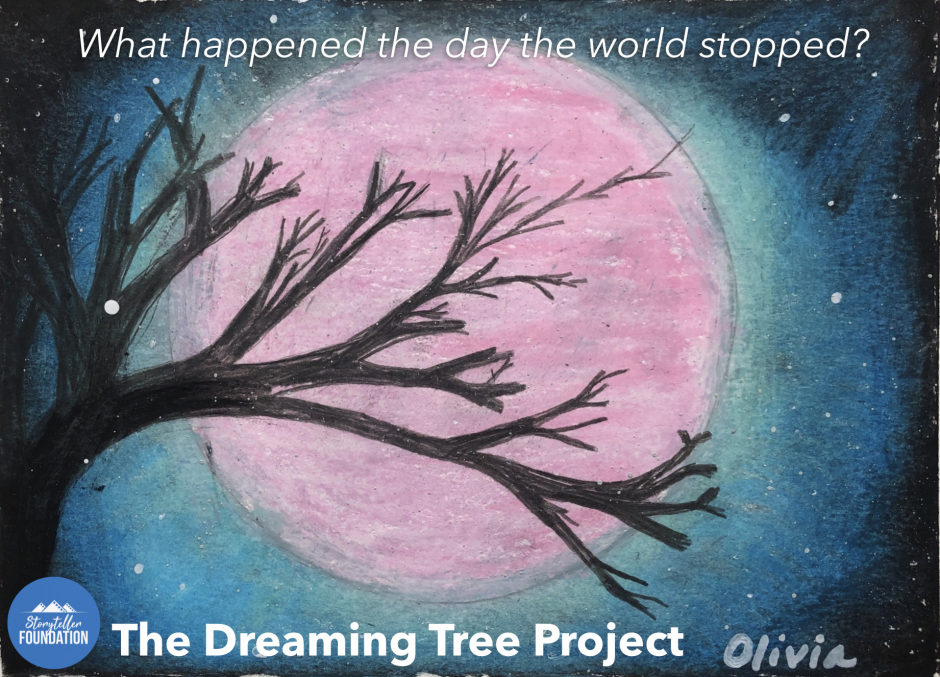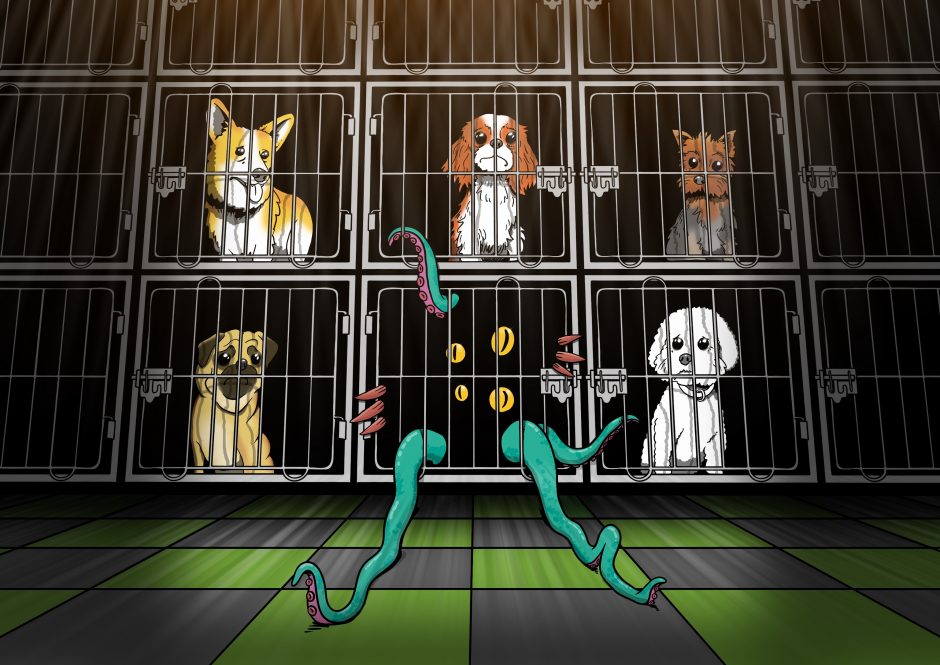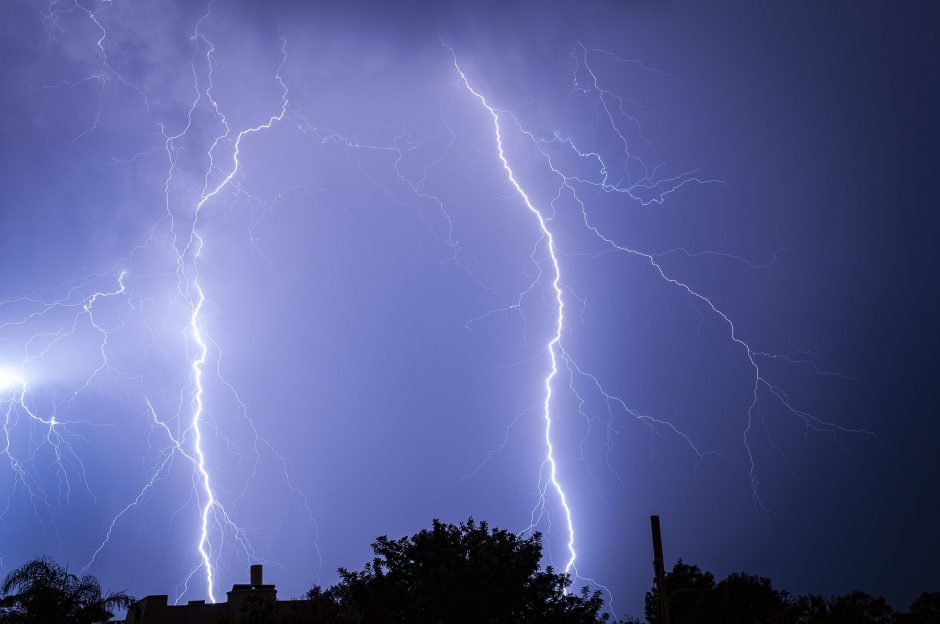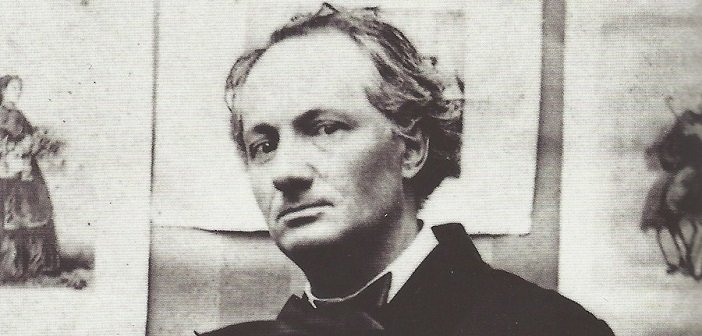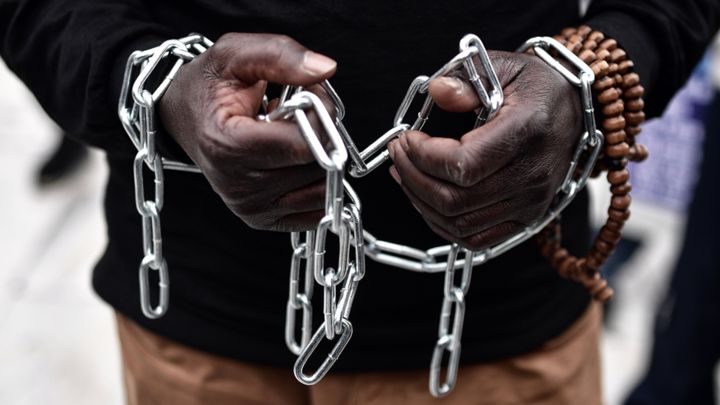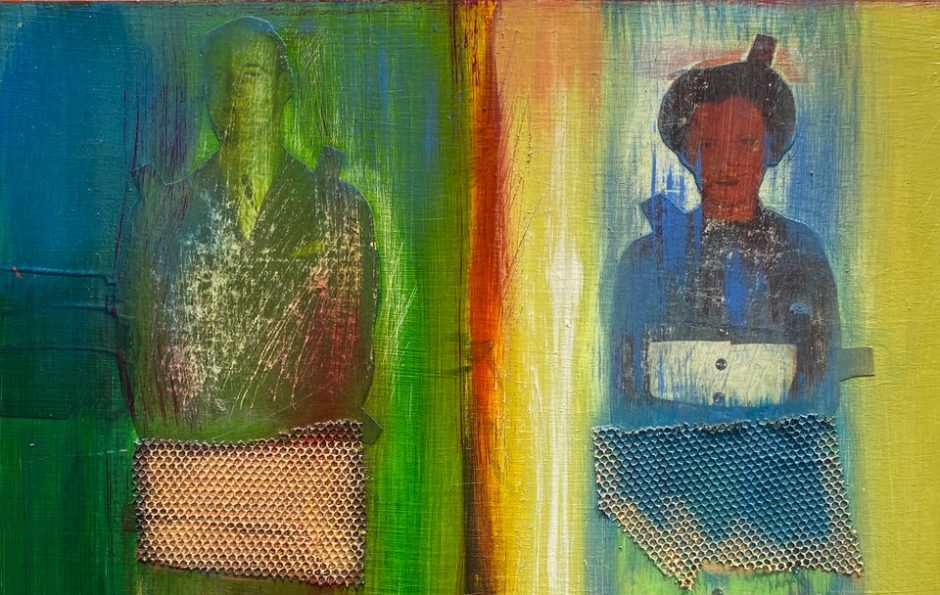Friends who knew us back in the day called us Mutt and Jeff. We had buddy tattoos on our biceps, cartoon characters: Jeff tall in an orange striped suit and fedora, with a mustache like mine, Mutt short, with mutton chops, dark suit and top hat. I never told Tina, my second wife, why I had the tattoo because I got into bad habits with Mick a year into my first marriage. I wanted him nowhere near me and Tina, until the bad times hit. We had funny hours, Tina and I. She sold real estate, I worked from home, free-lancing web sites, buying and selling, investing. We made decent money, unpredictable, sure, but we talked about having a kid. That dropped off when things cooled in the bedroom. One Saturday, I drove by an open house to say hello when I saw her on the porch, talking with a younger guy in dark slacks, blue shirt. He had dark hair, styled, real regular white teeth. I put it out of my mind overnight. We had a nice dinner, and off she went…
“Bleeding Hearts,” A Short Story by Mary Daurio
Sarah left early, taking her stepson Jacob to see his mother for perhaps the last time. * Upon awakening, John found his wife and son already gone, too late to rescind his permission from the night before. He was upset, not at her, but at himself. John knew how exaggerated his reaction to casual contact with Anne was, yet he remained afraid of his ex-wife’s illness. He prepared for work, swearing as he cut himself shaving in haste. The front door slammed behind him and the windows vibrated, but there was no one to witness his wrath, save the blackbirds flying off in raucous chorus. John wanted to scream but felt afraid he wouldn’t stop. He turned the corner to the newsstand. Force of habit. A byline about Liz Taylor’s celebrity fundraiser for AIDS caught…
Storyteller Foundation Calls to the Children of the World!
Children of the World! Storyteller foundation is looking for drawings from you, wonderful children, to use in The Dreaming Tree Project which will be released after June 24th. The Dreaming Tree Project is first and foremost a book, written by Ruby Fink, but drawings from you will be added as illustrations not only to the book, but possibly to the audio/web video which is also being produced. The Storyteller Foundation is a non-profit organization, and the book, The Dreaming Tree, as well as any additional material, is intended to be a gift to the children of the world, not only to those who live through this quarantine, but also those who come after. RULES FOR ALL CHILDREN WHO PARTICIPATE! Children must be 12 or under to enter. Drawings must be from the list of options…
“Rescues” — An Audio Adventure by Sam French
“Rescues” is a podcast written by Sam French and produced by Kidpod Theater. The story follows Danny Mikkelson, (voiced by Isabel Liberstein) a thirteen-year-old girl learning to help her step-mom, Kaye, (Angela Kinsey) in their business of rehabilitating rescue dogs. One day, on the way home from school, Danny finds a poor, bedraggled creature that she believes is a rescue. The only problem is, when she gets it home, Danny and Kaye discover that while it might be a rescue, it definitely isn’t a dog. With supporting actors Amy Weaver, Jimmy Wong and Nicholas Thurkettle, this heart-felt, endearing show is a joy to listen to! To listen to more of “Rescues” go to Kid Pod Theater. To find new audio adventures every month, continue to follow our Audio Arts page.
“Lester and the Mysteries of Wax and Wane,” by Derrick R. Lafayette
Lester, for all intents and purposes, was walking his dog down a familiar trail at 8:21 pm. The first block was uneventful. The dog peed where he’d always peed millions of times before. Shat where he’d always shat before. Lester readied his green, eco-friendly poop bag, bent down with ease, and collected his pet’s droppings. At 8:35pm, Lester and his dog about-faced and were heading home when a giant flash of light enveloped the sky. He saw nothing but white, and his dog was an inverted shadow, blurring in his vision. When Lester was able to see again, all of the familiar surroundings took an interesting turn. A man whose feet never touched the ground, shrouded in orange garb with mandala designs, appeared before him. The man stretched his arm, opened his hand, and inside…
Charles Baudelaire – An Art Criticism by Amanda Grafe
Editor’s Note: This work was borne from a conversation about art criticism between Amanda, an artist and Fictional Café’s fine arts barista, and myself over lunch in a Chinese restaurant last winter in Providence, Rhode Island. (The restaurant shall remain nameless, as the conversation was much better than the food.) We tended to agree that contemporary art criticism, as well as literary criticism, had both lost much of their moorings as expressions of Aristotelian criticism. We resolved to study this anachronism further. We decided to read and write about the art criticism of the French poet, essayist and libertine Charles Baudelaire (1821-1867). Our source was the book Charles Baudelaire: Selected Writings on Art and Literature (New York: Penguin Classics, 2006). Baudelaire is best remembered for his highly controversial poetry collection, Les Fleurs du Mal, and for translating Edgar Allen Poe into French, yet while alive he was also highly regarded for his incisive writing about art. He favored Romanticism in the arts and attended many annual art exhibits in Paris known as Salons. “The Salon of 1846” was the second…
“The Kaiser of the Immaterial Kingdom,” by Ewa Mazierska
It was late afternoon in late January. I was sitting on my own in a compartment of a Berlin–Warsaw train. There was only two or three minutes until its departure, and I assumed that I would have the compartment to myself when this guy came in. He didn’t say hello or ask if the remaining seats were free, as it was customary on the Polish trains, just took his seat near the door and put his small rucksack and two shopping bags on a shelf above him. Although his behaviour was verging on being rude, I felt instant sympathy for him, in part because behind his actions I sensed a desire to be invisible rather than rudeness and in part on the account of his similarity to my old friend from university, with whom the…
“Process,” An Essay and Poetry by Mbizo Chirasha
Editor’s Note: Featured here is work from The Fictional Café’s 2020 Poet in Residence, Mbizo Chirasha. We begin with the first of two images (above) from his collection entitled “Locked Paddocks,” followed by “Process,” an essay about Mbizo’s search for identity and becoming a “born again human.” Next, we have the second image from “Locked Paddocks” and finally a poem, simply titled “2.” We hope you enjoy the creative work of Mbizo. “Process,” an Essay Immersed in the cauldron of swirling floods, I flap my weighted wings with a singular drive carrying my dreams in a perforated duffle bag. My feet seek the sun at midnight in the land processing its abortion of tomorrow under the sniper’s telescope so no truth escapes unpunished. I am a child of the South thrown further South where oceans crash with…
“The Party,” A Short Story by William Torphy
Image: “He Said, She Said” (c) Katheryn Holt, www.kholt.com The Party It was the architect and the gun moll who captured my attention. The party was a casual industry event held in the Hollywood Hills at the home of a producer, one in fact who had bankrolled a film I’d worked on once, though all my ideas for it were rejected in favor of chase scenes and revenge murders. I was a screenwriter who had yet to see any credits on screen. I hadn’t worked for over a year and needed to hustle a project, any project, very soon. I was out of sorts when I arrived since my wife Jen announced at the last minute that she needed some quiet ‘me-time’ that evening. She did, however, take time to dress me for the affair. Tight black jeans that were squeezing my balls. A fifty-dollar T-shirt a size too small that cut into my underarms. A tailored green cashmere sport coat that made me look like a string bean. I’d been invited through a friend of a friend of a colleague, someone I’d never met but hoped…
“Atlantis: The Lost Empire” — An Audio Arts Interview
It’s been two decades since the Disney animated film Atlantis: The Lost Empire first hit theaters and for twenty years, writer Tab Murphy, believed that the classic steam-punk animated film that he created was a flop. While he couldn’t deny that he had enjoyed the writing and brainstorming process, it hadn’t done as well in the box office as he would’ve liked, causing him to believe it had been a failure. . .up until now. Recently, Tab came in contact with “Atlantis: The Lost Empireposting,” a Facebook group completely dedicated to reliving and reposting their favorite scenes, lines and characters from his movie. Surrounded by so many people of different ages, from different walks of life who had all been inspired and entertained by the film he had helped create, Tab was finally able to…



